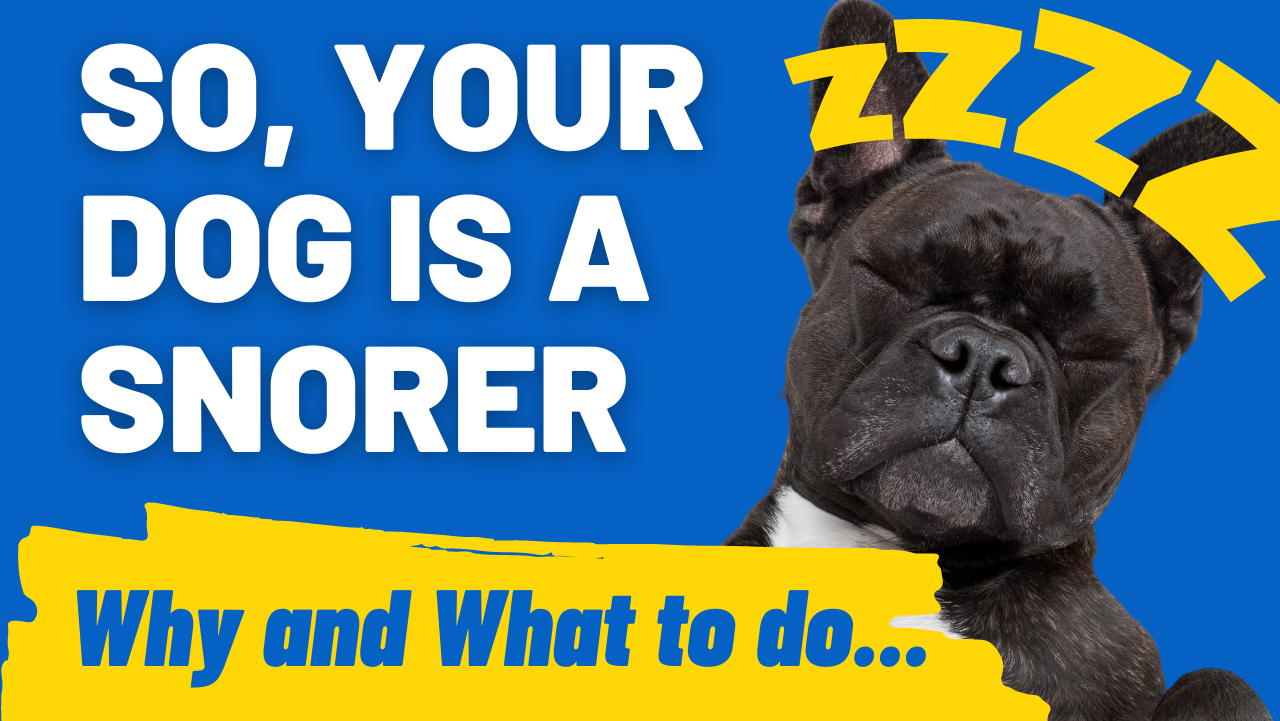Dog snoring is common in dogs of all ages and breed types. However, it is more common in certain dog breeds and it’s not always harmless, either. Let’s delve into the topic and what you can do if your dog it a snorer.
Should I Worry If My Dog Snores?
Snoring certainly can be a reason for concern, depending on the cause of the snore, and the extent in which there is an obstruction in the nasal cavity or back of the throat.
You might be wondering if it’s normal for your dog to snore. Although it’s a common occurrence in many dogs, it is by no means ‘normal’. Snoring can be a sign of a more dangerous health concern in your dog.
Snoring caused by Laryngeal Paralysis, for example, can actually mean your dog has a more serious condition of generalized neurological deterioration.
This condition is referred to as GOLPP (Geriatric Onset Laryngeal Polyneuropathy). It usually affects older, larger breed dogs, and is especially prevalent in Labrador Retrievers.
Another concern is if you have a short-nosed breed of dog, which are referred to as Brachycephalic dog breeds.
These breeds are well known for their snoring, and to many breeders, owners, and even some veterinarians, it’s considered to be a normal trait.
However, research has shown that it is by no means ‘normal’, and it can be concerning, especially if left without an examination to determine if there is a need of intervention, or at least management.
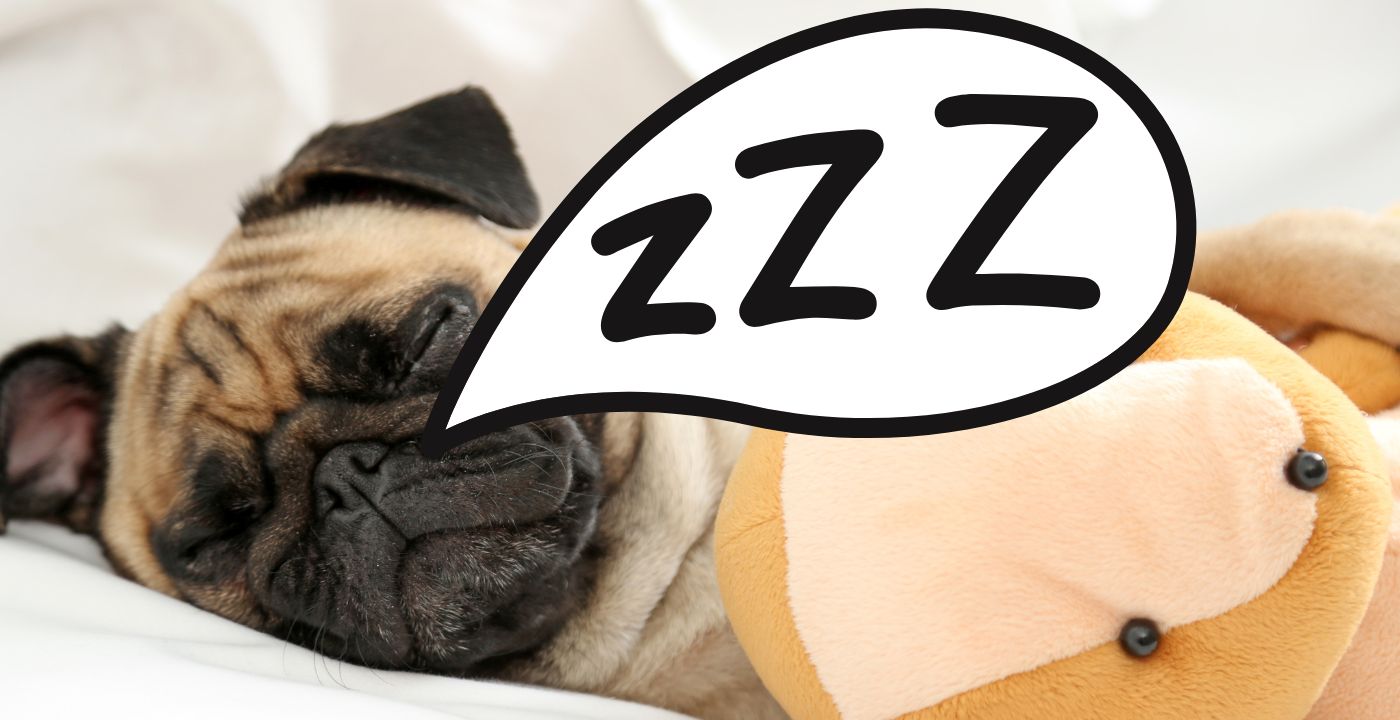
When you don’t need to worry about your dog snoring
There are times when dog snoring does not need to concern you. If your dog only snores in the following instances, it’s likely to they are ok:
- When they are sleeping in a particular position that causes snoring.
- When they are not a short-nosed breed, and the snoring occurs ONLY during sleep, and has been consistent throughout their entire life.
- When it occurs only during allergies or a cold.
- When it is caused by an infection or abscess that is being addressed.
- When it is caused by weight gain that is being addressed.
If your dog’s snoring has come on suddenly, or they have developed a snore they never had, or it’s getting louder, then it’s possible they have Laryngeal Paralysis or a narrowing of their airway.
In this instance, you should have your dog evaluated by a veterinarian.
What does it mean when your dog snores?
A dog will snore if there is a narrowing of their nasal cavity, or the back of their throat (or both). Air is forced through the constriction of the airway and the soft tissue in the nose and throat vibrate. This causes the familiar sound of the snore.
What causes a dog to snore?
Snoring can be caused by any the following reasons, or a combination of any of them:
Genetic Condition
A genetic condition in which the dog has a narrow or obstructed nasal cavity or throat. This can be present in any dog, not just short-nose dog breeds.
Brachycephalic Dog Breed
Snoring is more likely to occur in Brachycephalic dog breeds with a short-nose and skull, as is the case with breeds such as Pugs, Bulldogs, or French Bulldogs, for example.
Brachycephalic breeds often suffer from BOAS (Brachycephalic Obstruction Airway Syndrome). This basically means that due to their genetic trait of a short nose and skull, their breathing is compromised.
They will live their life with the challenge of breathing easily, which can affect their sleep, exercise, and even breathing. It can also cause sleep apnea and of course, snoring.
Sleeping Position
Snoring can occur when a dog sleeps in a position that restricts the airway.
Laryngeal Paralysis
Laryngeal Paralysis is a condition that causes the larynx to lose function in its ability to breathe deeply and can bring on a snore.
Upper Respiratory Infection
Dogs get colds just as humans do, and as colds can cause nasal congestion, this can be the cause of snoring.
Overweight or Obesity
Dog snoring can be caused by being overweight or by being obese. Excess weight can sit around a dog’s neck and throat. The excess fat in this area can restrict airflow. This problem can also increase the risk of Sleep Apnea in dogs.
Allergies and Hay Fever
Dogs can suffer from allergies and hay fever just as humans do. These allergic reactions can inflame areas of the airway and increase the chance of snoring.
Infection
Any infection that is present around the nasal or throat area can cause swelling and increase the possibility of snoring. This includes a tooth abyss or other dental issues.
Hypothyroidism
Hypothyroidism can cause weight gain, a higher susceptibility to colds, and even facial thickening. Any of these three symptoms will increase the possibility of snoring.
Obstructions
Any growth or object that prevents the flow of air in the nasal passage or throat can cause snoring, such as a foreign object or tumor.
Is it normal for dogs to snore as they get older?
No, it’s not normal for dogs to snore as they get older. If your dog has developed a snore with age, then you should have them assessed by a veterinarian for Laryngeal Paralysis.
Laryngeal Paralysis develops in older dogs, especially larger breeds, and is a cause for concern. This usually occurs around 10 or 11 years of age.
It’s most prevalent in Labrador Retrievers, and to a lesser extent Golden Retrievers, Newfoundlands, and Great Danes. However, it is not limited to these breeds.
There is also a congenital form that affects Dalmations, Bouvier des Flandres, White-coated German Shepherd, Leonbergers, Pyrenean Shepherds, Rottweilers, and Siberian Huskies. This can show in earlier years for these breeds, though.
Signs that an older dog has Laryngeal Paralysis:
- Raspy, noisy, or labored breathing
- Respiratory gasping or distress
- Voice change or loss of voice
- Exercise intolerance
- Excess panting
- Coughing and gagging
- Snoring
Treatment will likely require surgical intervention, usually in the form of tieback surgery, in which the larynx is opened to allow improved airflow.
A mild or early case of Laryngeal Paralysis may be controlled with medication and management.
If you think your dog may have Laryngeal Paralysis, then you should book a time in to see your veterinarian.
In one study of 32 dogs (70% being Labrador Retrievers) that had Laryngeal Paralysis, all of them went on to show nerve issues, muscle wasting of hind limb muscles, spinal muscles, and muscles on the top of the head.
If your dog is older and has developed a snore, they could also have gained weight, and this is the reason for their snore in older age. They may have also developed allergies to their environment.
Dog is Suddenly Snoring
If your dog suddenly developed a snore, and they don’t have a cold or allergies, or they haven’t gained weight recently, then it’s best to see your dog’s veterinarian.
Sudden onset of snoring can be caused by a tooth abyss, an infection, Laryngeal Paralysis, Hypothyroidism, or an obstruction.
If your dog has suddenly decided they like sleeping on their back, though, it’s likely it’s their new sleeping position causing the snore, in which case there’s no cause for concern.
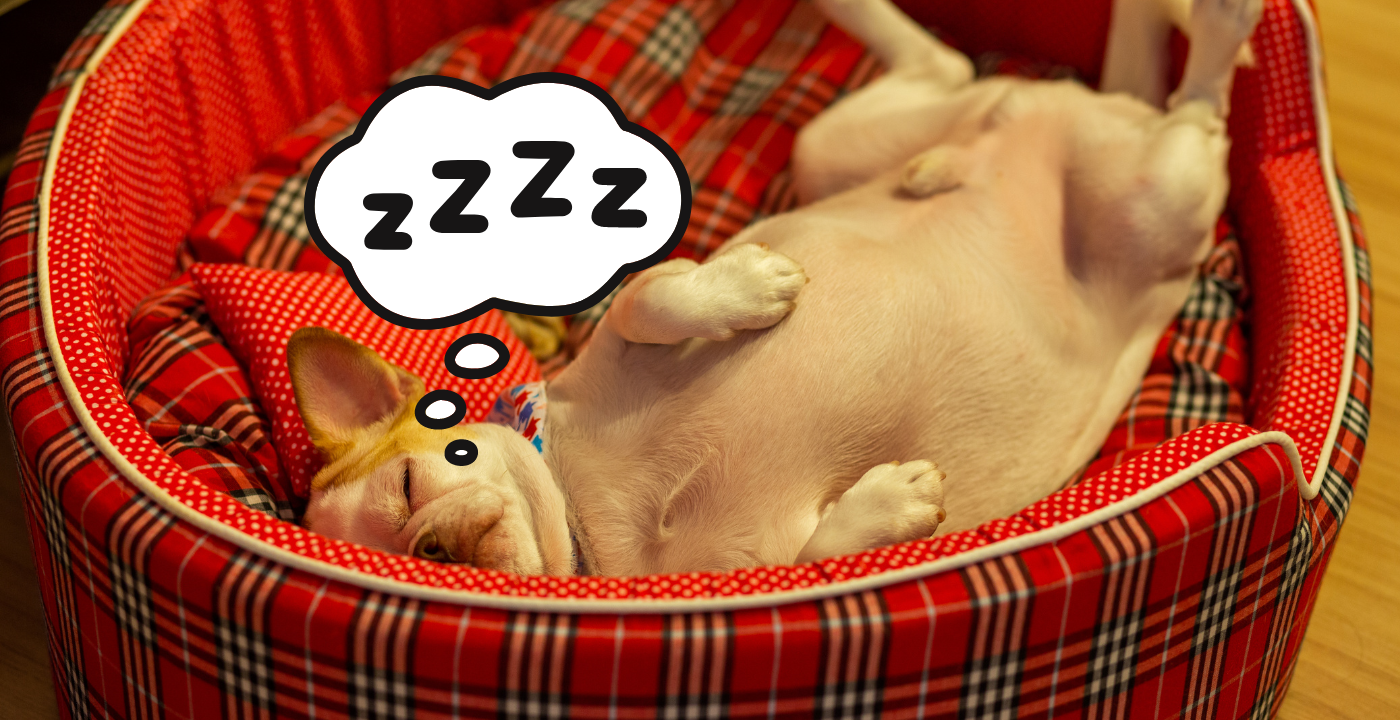
How to Stop Your Dog From Snoring
The first step in stopping your dog from snoring is discovering the cause of the snore. Only once the cause of the snore has been determined can you better manage it, or even stop it altogether.
There are a few causes for dog snoring that can be somewhat easily remedied. However, there are other reasons that require more drastic interventions to solve.
If you have a puppy that snores, you should also read our post: Puppy Snoring: Is it OK?
Let’s start with the easier treatments first:
A New Bed
A dog may snore due to their preferred sleeping position. Sometimes by changing dog beds to a circular bed, this can encourage a better sleeping position that doesn’t cause snoring.
This option may work for you if you notice that your dog only snores in certain positions.
Get an Air Humidifier
Your dog’s snoring may be caused by dry air, allergies, or even a cold. If you believe this could be the cause of your dog’s snoring, then it could be the solution for you.
If your dog snores all year round, though, then it’s likely not to be seasonal allergies or a cold.
New Bedding and Clean Carpets
Going on from the above point, if your dog does suffer from allergies or hay fever, then giving their bed a good clean, or getting your carpets deep cleaned, could work wonders for their snore.
Get an Air Purifier
An air purifier can help to clean out allergens and pollutants that can cause irritations in your dog’s nasal passages.
If your dog is particularly susceptible to allergens or has hay fever that causes snoring, then an air purifier working alongside a humidifier could be the answer.
Diet and Exercise
Have you determined that your dog’s snoring is associated with being overweight? If so, then a change in diet (or smaller meals), and more exercise, could be the cure for your dog.
Remember, your dog’s snore may be caused by a combination of reasons. If your dog suffers from allergies and is also overweight, then it’s best you solve both issues together.
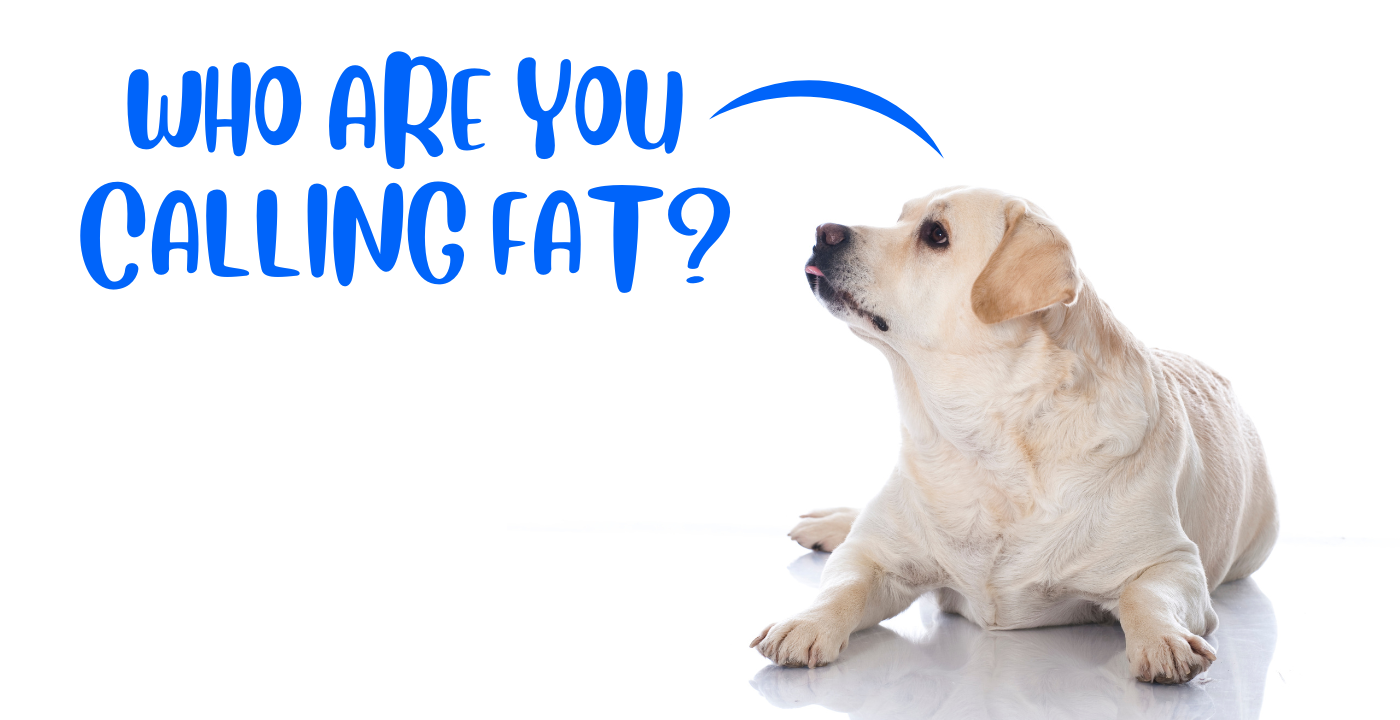
A Vet Visit (Infection, Dental Care, Tumors)
If you can’t determine the reason for your dog’s snoring on your own, then it’s best to consult your dog’s veterinarian. They may find a hidden infection, a tooth abyss, or even a tumor that is the cause of your dog’s snoring.
And don’t ever feel that getting a snore checked out isn’t a worthy reason. Dog snoring isn’t normal, and it can definitely be a sign of a much larger issue at play.
Surgery for Snoring
If your dog has Laryngeal Paralysis or suffers from Brachycephalic Obstructive Airway Syndrome (BOAS), surgery may be required.
It’s important to note that this surgery isn’t about stopping snoring, but to help with the condition. Laryngeal Paralysis and BOAS can both be uncomfortable and debilitating to dogs.
An outcome of the surgery, however, may be a reduction or ceasing of your dog’s snore.
For Laryngeal Paralysis, Laryngeal Tieback surgery may be performed to allow more airflow.
For BOAS, closed nostrils, also known as stenotic nares, can be surgically corrected to allow nose breathing.
Another common surgery for Brachycephalic dogs is to have their elongated soft palate shortened. This can stop it from infringing on the back of the throat and improve airflow.
One other surgery that may be performed is the removal of Everted Laryngeal Saccules, where tissue in the airway is pulled into the windpipe and partially obstructs airflow.
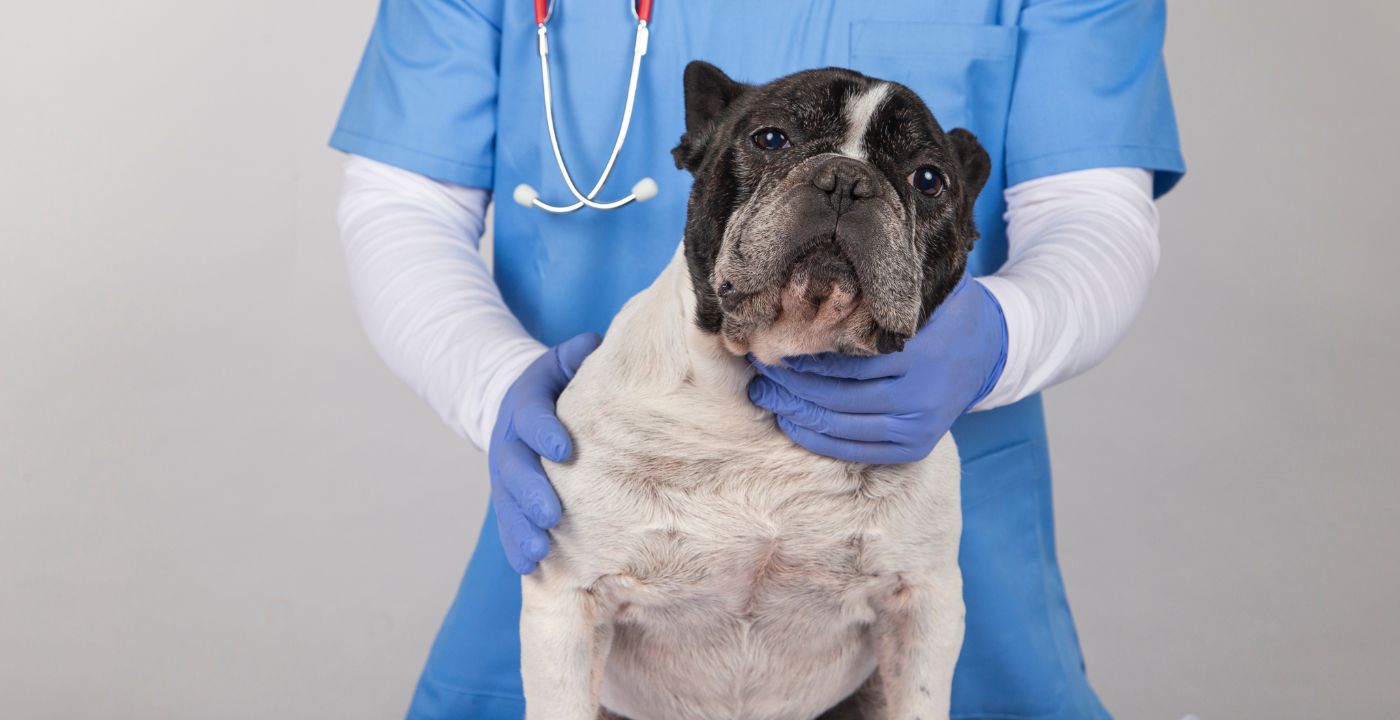
Avoid Hot Environments
If you have a Brachycephalic dog with BOAS, or an older dog with Laryngeal Paralysis, avoiding hot temperatures and heavy exercise is best. Using a harness instead of a collar is also recommended to ensure no pressure on or around the throat.
Medications
There are some medications, such as anti-inflammatory drugs, that may help in the short term with airway inflammation that causes snoring. This is something you should speak to your veterinarian about.
Do all big dogs snore?
No, not all big dogs snore. Snoring can occur in any dog of any size. Larger dogs are more likely to develop Laryngeal Paralysis that can cause snoring. A large dog of healthy weight, that is not a short-nose breed, and has no allergies or a cold, should not snore.
Which Dog Breeds Snore?
Dog snoring is more commonly associated to short nose and skull dog breeds, which are referred to as Brachycephalic breeds.
These dogs are more likely to snore as the ability to move freely through their nose and throat can be restricted compared to longer nose breeds.
Brachycephalic breeds include the following, but can also include mixed breeds:
- Affenpinscher
- Boston Terrier
- Boxer
- Brussels Griffon
- Bulldog
- Bullmastiff
- Cane Corso
- Chihuahua (apple-headed)
- Chow Chow
- Dogue de Bordeaux
- English Mastiff
- French Bulldog
- Griffon Bruxellois
- Japanese Chin
- King Charles Spaniel
- Neapolitan Mastiff
- Pekingese
- Pug
- Rottweiler
- Shih Tzu
- Valley Bulldog
How Dogs Snoring Impact Their Owners
This survey given to 300 people with sleeping problems found that 22% of them shared their beds with their pets.
If your dog is snoring and sleeps in your bedroom at night, then there’s a good chance they are affecting the quality of your sleep.
Over 20% of those with dogs in the survey said their dogs snored. And nearly all of them slept not only in their bedroom, but on their bed with them!
You might like to read our post, Puppy Sleeping With You: What You Need to Know…
There’s a good chance this is you reading this now, and if so, please consider moving your snoring pooch out of your room at night – it might be affecting your quality of sleep more than you know.
Final Word
If your dog is snoring, then there’s a high chance they are a brachycephalic breed dog. They may be suffering from BOAS and should be check by a veterinarian to inspect the impact of their short-nose and skull.
Medical intervention may not be required, in which case you will just need to live with the snore.
We can do our best as owners of snoring dogs to determine the reason on our own. It can be something as simple as an allergy, or weight gain. And these can be somewhat easily addressed.
However, there are more alarming reasons behind a dog snore, which can have dramatic effects on your dog’s quality of life. So if you’re unsure about what causes your dog to snore, then it’s always a good idea to get them checked out.

